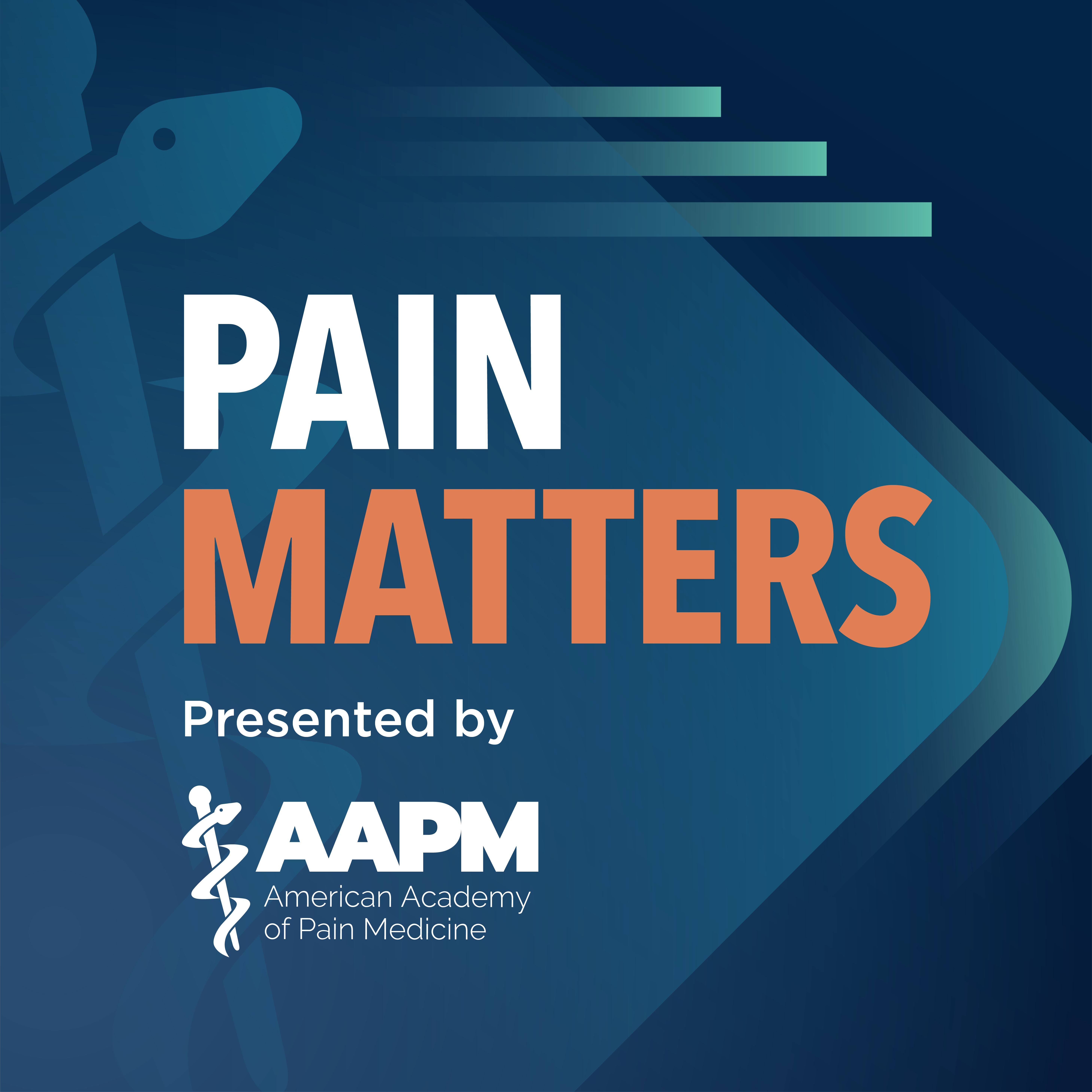Join us for Part 2 of our engaging series on the necessary reforms in pain medicine training as we explore potential changes that could significantly enhance the quality and effectiveness of pain medicine education.
Hosts Shravani Durbhakula, MD, MPH, MBA, and Mustafa Broachwala, DO are joined once again by esteemed experts Scott Gregory Pritzlaff, MD, Associate Professor and Pain Medicine Fellowship Director at UC Davis Health, and Sayed Emal Wahezi, MD, Professor and Pain Medicine Fellowship Director at Montefiore Medical Center, to delve deeper into the structural adjustments and implications of extending training periods in pain medicine.
Tune in to hear:
- Structural Changes and Educational Enhancements: Discussing the risks & benefits of: extending fellowship duration, truncating baseline specialty training years, creating a pain residency, re-establishing graduation case numbers, and more. How do we make training comprehensive and attract a more dedicated cohort of trainees?
- Diversity and Accessibility: Examining how changes in training duration might impact the diversity of applicants and accessibility of pain medicine as a specialty.
- Mentorship and Peer Learning: Highlighting the importance of mentorship and peer learning that changes in training could facilitate, enhancing both professional growth and patient care.
- Controversies and Challenges: Addressing the potential challenges and controversies associated with implementing longer training periods, such as funding, accreditation, and acceptance within the broader medical community.
- The Need for Collaboration: Discussing the need for a unified voice in pain medicine and collaboration across specialities and societies to achieve mutual advocacy goals & better training.
This episode is critical for educators, trainees, and healthcare policymakers interested in understanding and shaping the future of pain medicine training.

